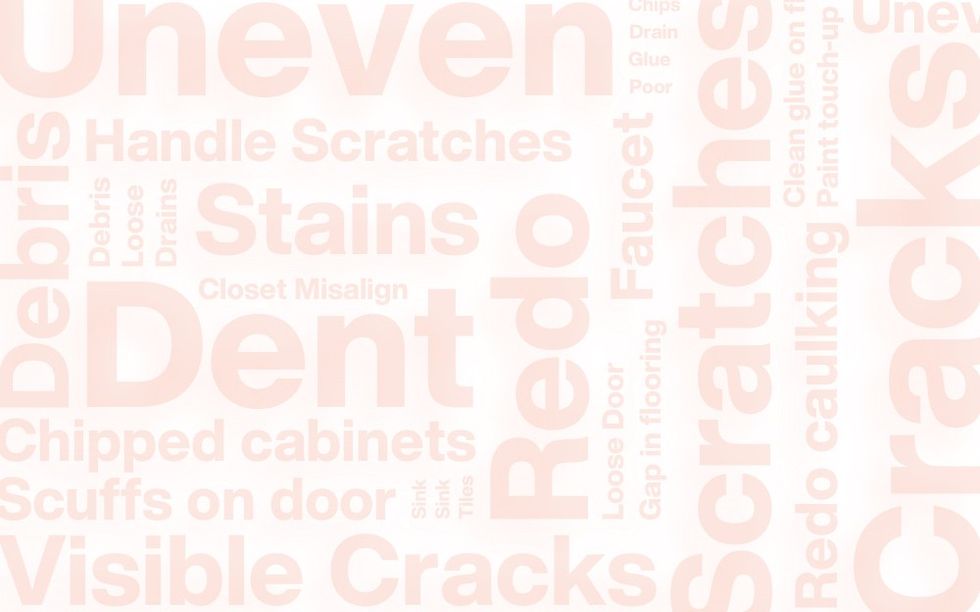In the world of condo development, brand reputation is everything. It’s a key factor in driving sales and securing repeat buyers, not to mention establishing trust in an industry where word-of-mouth can seriously make or break a project.
A quick glance at Google reviews for many Canadian condo developers reveals just how significantly an unhappy customer — or a slew of them — can impact a company's reputation.
Homebuyer impressions don’t end at the signing of a contract; they’re often cemented during the critical post-purchase phases. For developers, the post-purchase period is filled with equal parts opportunity and risk, wherein delivering a superior homeowner experience could solidify a brand’s reputation — or unravel it.
Chris Miller, founder of Juniper Homeowner Care, is a pioneer in transforming the post-purchase experience. Through years of real estate industry expertise and involvement, Miller recognized a glaring gap in the ways developers managed homeowner relationships after the sale. This insight led him to create Juniper, a platform designed to help developers streamline the closing, pre-delivery, and occupancy processes, ensuring buyers feel supported every step of the way.
Now, with Juniper as part of Spark Real Estate Software, Miller’s mission to elevate the homeowner experience has become even more impactful.
“Homeowners remember more about the post-purchase experience than the sales and marketing timeline,” Miller says. “What lasts is how well they were taken care of after the developer got their money. That’s where reputation is built or broken.”

Why Focus On Rep?
It goes without saying that the condo development industry is a high-stakes one. Buyers invest significant money (and time, and emotion) into their new homes, and their experiences can — and, in fact, tend to — easily ripple through communities, online reviews, and social networks. A sub-par post-purchase experience can lead to dissatisfied homeowners voicing their frustrations both privately and publicly, tarnishing a developer’s reputation (and future project sales) in the process. In the midst of these realities, developers rely on a strong brand reputation to attract future buyers and maintain credibility, especially as the market grows ever-more competitive.
On the flip side, delivering an exceptional post-purchase experience fosters trust and loyalty. Happy homeowners can become brand ambassadors of sorts, sharing their positive experiences and encouraging others to make an investment with the same developer. It’s a simple equation: better post-purchase care equals stronger brand reputation, which equals long-term business success.

Different Phases, Different Risks
The post-purchase phase is indeed crucial, in part because it’s particularly fraught with risks that can jeopardize both the homeowner’s experience and the developer’s reputation. Miller highlights three critical stages where issues commonly arise—and how proactive solutions can make all the difference.
1. Closing and Completion: Communicate To Build Trust
The closing and completion phase is one of the most exciting times for a buyer, but it can also be one of the most stressful. A common pitfall during this phase is a lack of communication, which can leave buyers feeling in the dark about what to expect, or what is required of them. Often, all they have to rely on is a legal contract, which offers little reassurance during this pivotal (and likely expensive) moment.
Facing this issue head-on, Juniper’s pre-occupancy dashboard provides a centralized platform where buyers can easily access key information, such as timelines, closing requirements, and deposit deadlines.
“It’s about transparency,” says Miller. “Buyers shouldn’t have to chase down details or feel left out of the process. When they feel informed, they trust the developer more.”
2. Pre-Delivery and Orientation: Avoiding Legal and Logistical Headaches
The pre-delivery and orientation phase can be chaotic, with multiple tasks to complete and many details to finalize. Without a structured process, misunderstandings and miscommunications can escalate, sometimes as far as into legal disputes. To mitigate these struggles, Juniper offers an integrated scheduling tool for homeowner pre-delivery inspections, allowing everyone to get ahead of the curve — without scheduling stress.
“Having a clear paper trail is essential,” Miller says.
To ensure clarity, Juniper’s platform includes checklists and signoff tools for homeowner walkthroughs, ensuring that every step is documented. For example, buyers are informed of their own responsibilities, such as turning off the main water valve when leaving for extended periods to minimize flood risks.
“These proactive measures keep everyone accountable and help developers avoid costly ‘he said, she said’ scenarios,” Miller explains.
3. Occupancy and Warranty: Supporting Homeowners for Long-Term Satisfaction
After move-in, homeowners expect quick and efficient resolution of any issues. When this expectation isn’t met, their frustrations can spill onto social media — which, once again, can result in damage to the developer’s reputation.
At this point, Juniper empowers homeowners with the information they need, fast-tracking the problem-solving process. For example, if a new homeowner is looking for a simple answer to a question, they are presented with common questions and related answers during the warranty request process; this provides them with solutions and resources without having to complete the warranty request and, therefore, waiting for a response. The result is a more efficient flow, resulting in happier homeowners and fewer warranty requests being submitted to the property developer.
“If homeowners feel supported and can resolve issues easily, they’re less likely to air grievances publicly,” Miller notes. Juniper’s post-occupancy portal provides that support, giving homeowners the tools they need to address concerns while freeing up customer care teams to focus on higher-value tasks. “Happy homeowners are quiet homeowners. And that quiet speaks volumes about a developer’s reputation.”
The Post-Purchase Experience, Elevated
The risks of neglecting the post-purchase experience are clear: inefficiency, frustrated buyers, and — ultimately — long-lasting damage to a developer’s brand. But with the right tools and mindset, these risks can be transformed into opportunities to build trust, loyalty, and a stellar reputation.
Miller and Spark Real Estate Software are leading the charge in redefining what’s possible for developers and their customers. By focusing on communication, accountability, and proactive problem-solving, they’re setting a new standard for the industry. For developers looking to protect their brands while delivering exceptional value, elevating the post-purchase experience isn’t just a nice-to-have — it’s a must-have.
______________________________________________________________________________________________________________________________
This article was produced in partnership with STOREYS Custom Studio.





















